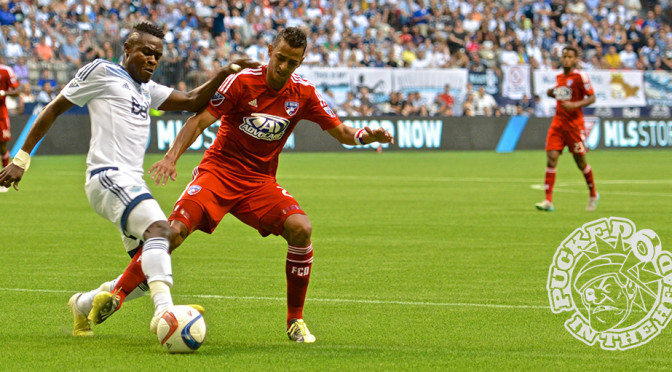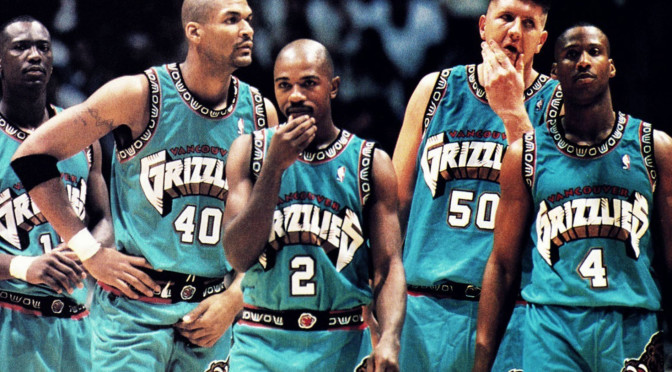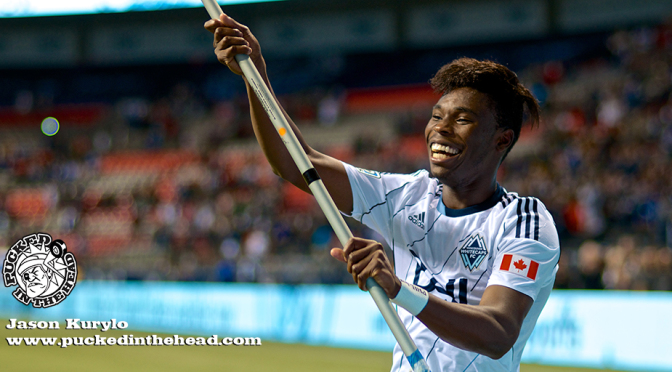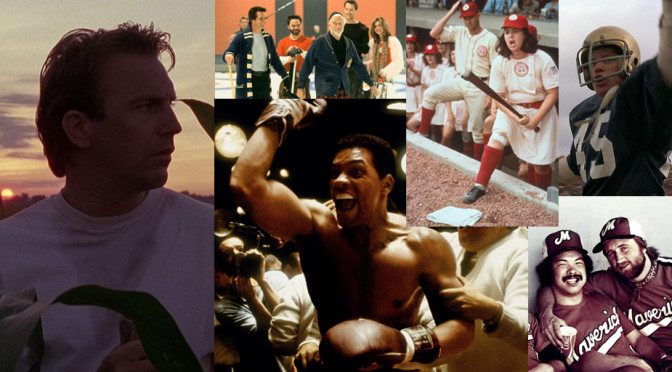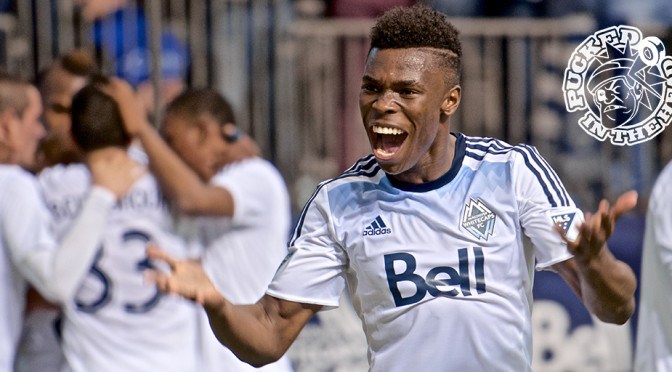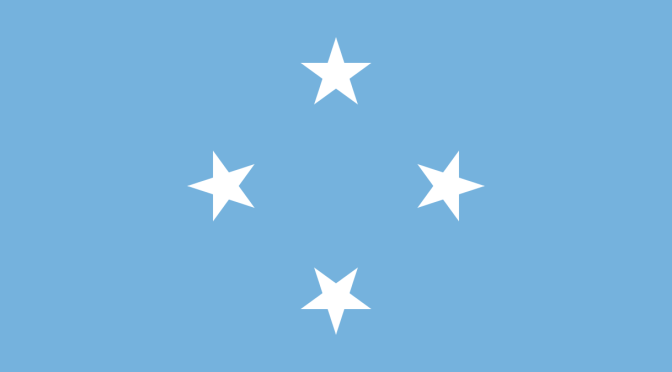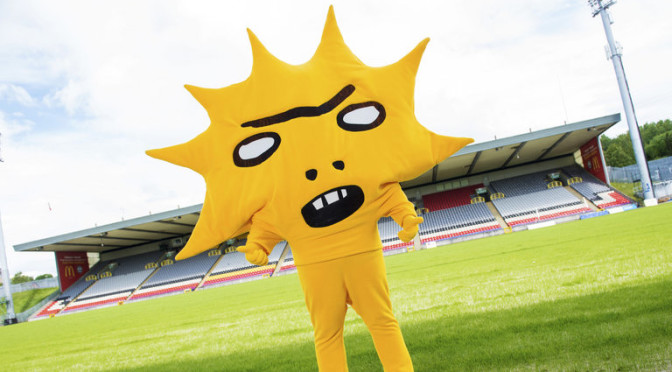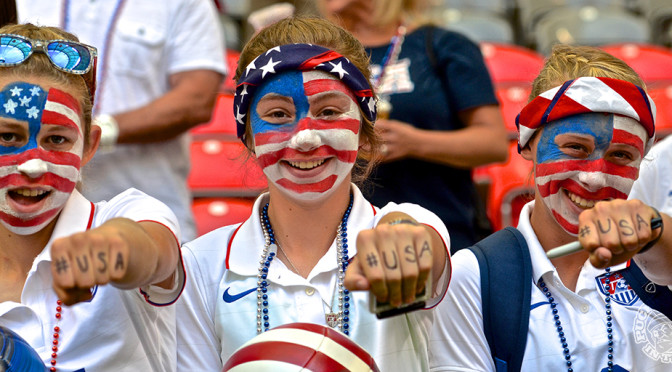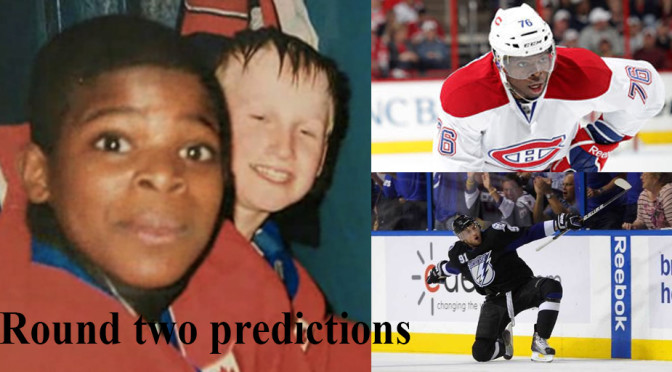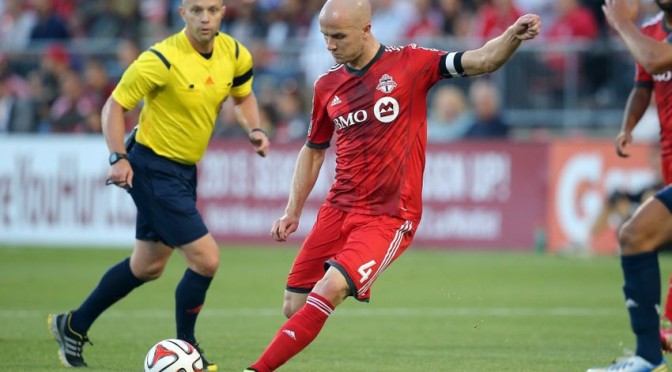The Whitecaps began their third MLS playoff campaign on Sunday afternoon six hours down the I-5 in rainy Portland, Oregon. Hopes were high among Vancouver supporters. The club had just scored multiple goals in a game for the first time in nearly two months, some of their injured players were rumoured to be available, and they’d got the matchup that looked the best, on paper, after the Timbers eliminated Sporting Kansas City in one of the most entertaining penalty kick contests you will ever see. Then the game started, and the offence was once again maddeningly anemic. Continue reading Whitecaps Play For Nil-Nil, Get Their Wish
Tag Archives: Withers
Canucks to Celebrate Grizzlies In Cheap Marketing Ploy
I’ve always liked basketball. Back in high school, I spent many an afternoon accruing my mandatory 30 hours (and then some) of volunteer experience running the scoreboard or the shot clock in the McRoberts Secondary gymnasium. Go Strikers. That volunteer work was, I like to think, one of the reasons that my best friend’s dad, when he hired his kid, hired me as well to work on the Vancouver Grizzlies’ stats crew.
I loved that club. I sat court-side for four wonderful, terrible seasons. I watched Stockton and Malone run their pick and roll to perfection right in front of me, I saw Michael Jordan play, and I passed Larry Bird in the hallway. I also exchanged pleasantries with Bryant Reeves, who for all his shortcomings as a basketball player is one of the nicest guys you’ll ever meet.
I watched Sam Mack rain three-pointers, Blue Edwards hit clutch shots, and I nearly punched a hole in the wall when a terrible decision erased a Vancouver win against the Lakers in L.A. Regular readers of this blog will be unsurprised to know that I once owned the original teal blue Grizzlies road jersey, with who else but Shareef Abdur-Rahim on the back. To the best of my memory, that is the only jersey I have ever purchased that I have later consigned to a donation bin. The Grizzlies, now and forever, can fuck right off. Continue reading Canucks to Celebrate Grizzlies In Cheap Marketing Ploy
Voyageurs Cup 2015 – Final Leg Preview
*Heavy, world-weary sigh.*
Well, here we go again. The clock has ticked over to August 26th, and the Vancouver Whitecaps will play the Montreal Impact tonight at BC Place in the final match of the Canadian Championship. The forums, message boards and social media outlets have all filled up with the prognostications of the supporters. Most are dire, a Pavlovian response to the words “Voyageurs Cup Final” borne of 13 years of failure. Yet there is a feeling of hope, too. A dangerous feeling, that. The hope exists because — for at least the fifth consecutive year — the Whitecaps have their best-ever chance to finally capture this trophy. Continue reading Voyageurs Cup 2015 – Final Leg Preview
10 Sports Films You Should Watch If You Have Actual Taste
Yesterday, my good friend Jason Kurylo demonstrated just how wrong he can be at times: he published a list of the ten sports movies that you really ought to re-watch. The post’s purpose was the same as all posts of that nature: to make people argue with the author. So argue with him I shall. Cool Runnings, Jason? COOL RUNNINGS?? Continue reading 10 Sports Films You Should Watch If You Have Actual Taste
Champions League Preview – Round 1 vs. Seattle
Tonight, the Vancouver Whitecaps kick off their first continental campaign when the Seattle Sounders come – somewhat reluctantly, as we’ll see later – to town for the first of four CONCACAF Champions League group stage matches.
The Whitecaps got something of a mixed bag in their first CCL draw. On the one hand, they avoided a Mexican club. On the other, they drew a very strong MLS side in Seattle and a 2015 quarterfinalist in Honduras’ CD Olimpia. This presents Carl Robinson with an interesting dilemma. Does he count his lucky stars that the likes of Club America and Cruz Azul were drawn into other groups, and go for the win, testing his squad depth and potentially risking results in the Voyageurs Cup and the league, or does he trust a young squad to try and nick a result? Province reporter Marc Weber provided this quote, which seems to indicate the latter: “It will be the best lineup I think can go out and win this game, with an eye on Saturday, with an eye on next Wednesday.”
With that in mind, a few predictions, all of them sure to be wrong because what the hell do I know?
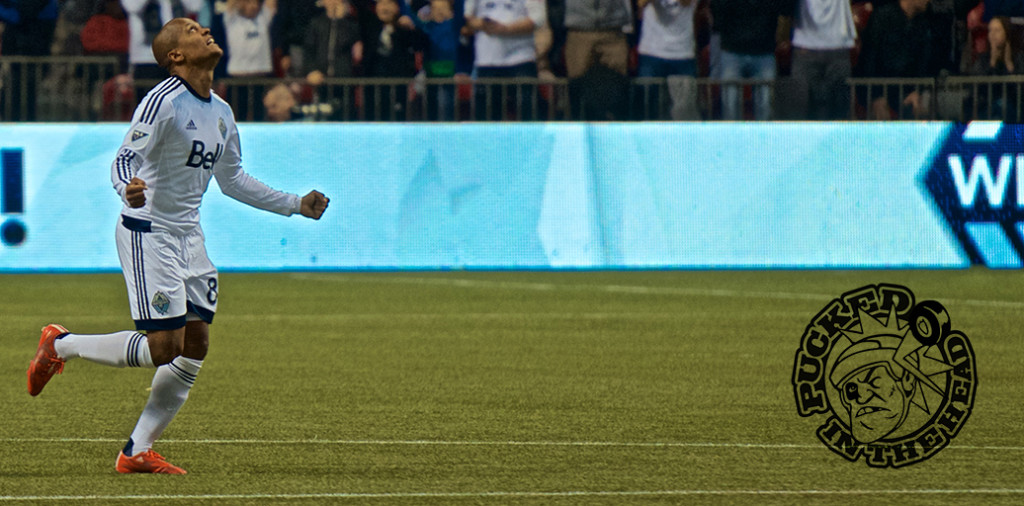
Continue reading Champions League Preview – Round 1 vs. Seattle
Putting your favourite sports team’s troubles in perspective.
Because we all need, from time to time, to feel like hey, at least we aren’t that guy, Pucked in the Head is pleased to bring you some news from the Oceania region.
The Federated States of Micronesia recently decided, for the first time in their history, to try and qualify for the Olympics in the sport of men’s football. For those unfamiliar with the tiny island nation, it’s, well, tiny. My garden shed is bigger than this country, as the Voyageurs’ chant goes, and I live in an apartment. The country has a total land area smaller than Metro Vancouver and a population base in the neighbourhood of Maple Ridge. The players had in most cases never left their own island prior to the tournament, and in some cases had never played 11-a-side football before. You might expect this qualification attempt to go poorly. You might be correct.
Micronesia, not a member of FIFA, was put into a group with Tahiti (182nd), Fiji (195th) and Vanuatu (200th) at the Pacific Games, an Olympic qualifying tournament. They lost to those teams 0-30, 0-38 and 0-46 respectively. That’s what happens when you use goal differential as a tie breaker. Here are some highlights, if you can bear to watch.
Somebody Approved This: Partick Thistle FC’s 2015 Mascot
In an age of hyper marketing, intense competition and tightly controlled PR, it’s amazing that truly horrible ideas can still make it past the brainstorming stage. Whether it’s the nightmare of design by committee or just a conflagration of mediocre talents pulling the wool over the eyes of out of touch rich CEOs, we occasionally see awful designs rolled out in an underwhelming explosion of anticlimax. Today, we analyze the most recent Scottish obscenity with the resurrection of Somebody Approved This.
To our regular readers of Somebody Approved This: first, an apology. Not only has it been several months since the last iteration of this column, our return today takes a radical departure from previous posts and does not deal with a jersey. We would like both of you to rest assured that this is a temporary departure, and normal jersey ridicule will resume whenever I get off my lazy ass and pen another entry. This week, in a move one imagines is designed to reduce the incidence of lost children at football matches by ensuring they spend the afternoon clinging to their parents’ legs in terror, Scottish Premiership club Partick Thistle FC unveiled their new dark prince mascot, Kingsley.
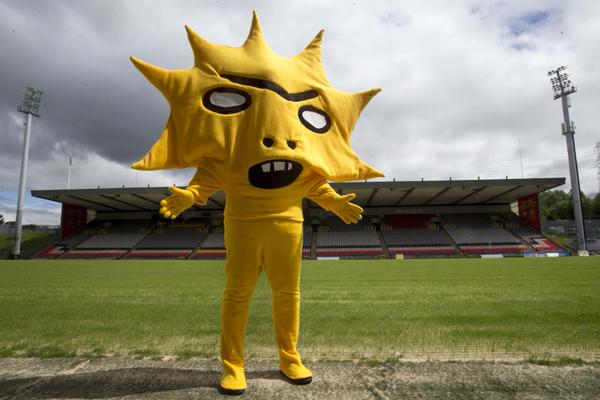 Continue reading Somebody Approved This: Partick Thistle FC’s 2015 Mascot
Continue reading Somebody Approved This: Partick Thistle FC’s 2015 Mascot
The Missing Villains of the Women’s World Cup
The Globe and Mail’s Cathal Kelly has been making a lot of friends lately.
The sports columnist for the national rag has raised the hackles of more than a few with his coverage of the Women’s World Cup. He began on June 4th, with a mildly amusing and utterly harmless hit piece on the city of Edmonton in which he suggested that Toronto would have been a more appropriate host with the eyes of the world watching the opening ceremonies. He was half right. Edmonton wasn’t the best choice. Yesterday, Kelly continued to aggravate women’s soccer fans when he panned the entire tournament to date as boring and dreary. Once again, he wasn’t wrong.
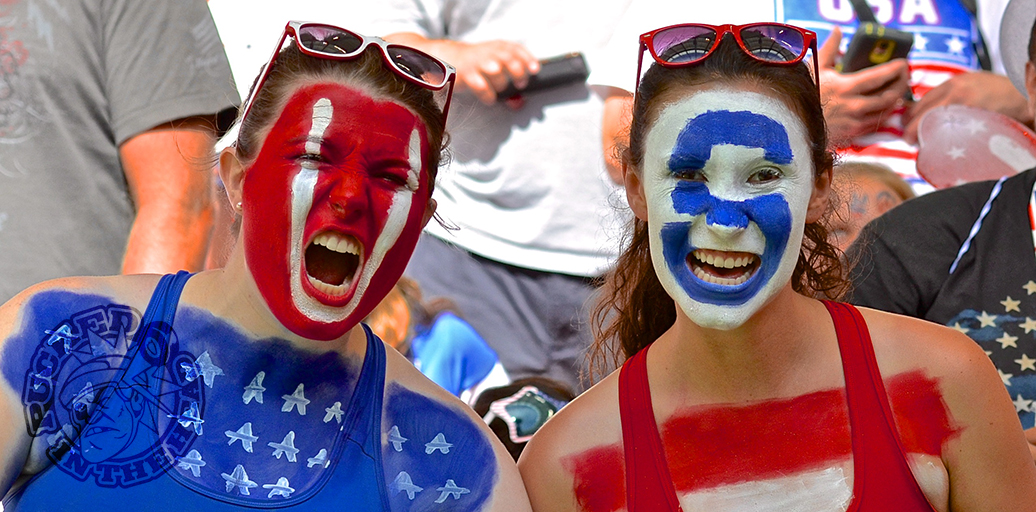
Continue reading The Missing Villains of the Women’s World Cup
Round two: PITH predictions
We at Pucked in the Head don’t hang our heads in shame and tears just because the Vancouver Canucks had their behinds handed to them by the low-down, dirty, rotten, head-shottin’, potshottin’, ball-droppin’ Flames. Nay, we hold our heads high and own our team’s decades-long failure to bring a Cup to the west coast. At least we’re not the bloody Leafs, right?
And so, we put our heads together and prognosticate the second round of the Stanley Cup playoffs for your scoffing pleasure.
New York Rangers vs Washington Capitals
Jason: Kudos to the Capitals for skirting past the New York Islanders, but even with Alex Ovechkin honouring defensive assignments they won’t have enough to get past the Vigneault-led Blueshirts. Lundqvist outsaves Braden Holtby in a series whose brevity belies hard-fought games. Rangers in five.
Chris: If there’s anything to indicate that Washington can take New York in a best-of-seven, I haven’t seen it. The Rangers steamrolled Pittsburgh and then took the weekend off while the Islanders gave the Caps all they could handle. (That’s right: Eleven shots on goal is about all the Capitals could handle.) Ovechkin may be the best player in this series, but New York is deeper, and Alain Vigneault shouldn’t even need a full pack of lozenges to out-coach Barry Trotz. Rangers in five.
Montreal Canadiens vs Tampa Bay Lightning
Chris: Should be a barn-burner. The Lightning netted a whopping 41 more goals than the Habs during the regular season, but Montreal’s defence was much stronger. On recent form, my money goes to Tampa. They dispatched Detroit without a single goal from Steven Stamkos, and you can only hold that man off the score sheet for so long. Meanwhile, the Canadiens were lucky to get past Ottawa in a game six where a referee’s untimely whistle cost the Sens a tying goal in a contest they dominated. Lightning in seven.
Jason: Kudos to the Bolts for getting past the ageing wreck of a Red Wings team that barely made the post-season. I mean, the Wings have only been mired in a Mike Babcock will-he-or-won’t-he story all year long, and got to Game Seven on the strength of a handful of nobodies ruddering a ship full of greybeards. The Habs, on the other hand, have been the class of the East for a couple of seasons, boast perennial candidates for the Norris and Vezina trophies, and ride the winds of the most powerfully emotional fan support in North American sport. Individually, what’s not to love about seeing PK Subban flatten Steven Stamkos? These guys have been playing hockey against each other for twenty years already, and damned if it ain’t more fun every year. Canadiens in six.
Anaheim Ducks vs Calgary Flames
Jason: Do we really have to talk about this? Where the Canucks and Flames both exceeded expectations by just making the dance in the first place, the Ducks have been promising a deep run for years. Getzlaf, Kesler, Perry, Beauchemin, Fowler… This roster is deeper than any of the wrinkles walking into Botox clinics around the Honda Center. The Flames are hard-working, sure, but they’re just a bunch of Grade Eight boys hanging about in the corner, ogling the good looking seniors across the gymnasium floor. Ducks in two and a half.
Chris: Seeing the Flames in the second round is enough to make me want to vomit like I’d just eaten undercooked fowl. Undercooked, by the way, is exactly what I expect these particular fowl to be at the end of the Pacific Division Final. The Flames are a terrible possession team, and their luck won’t get them close enough to roast the Ducks. The Saddledome crowd helps Hiller steal one from his old team, but Ducks in five.
Chicago Blackhawks vs Minnesota Wild
Chris: Devan Dubnyk has been outstanding, but I’m not convinced he can hold off the Hawks’ firepower. Both teams have high-end defencemen that can do a number on the opposition’s top line, but the Wild lack the offensive depth that Chicago has in spades. One ray of hope for Minnesota: Corey Crawford is in net, and Chicago conceded 21 goals to a similarly dubious offensive team in Nashville. The goaltending disparity will keep the series interesting, but Chicago outscores its problems. Hawks in six.
Jason: The Chicago Blackhawks have somehow flown under most people’s radars this season. Jeez Louise, people, this team is full of all-Stars, Olympians and beauties who fuckin’ work their nuts off, and has won two of the past five Stanley Cups. As for the Wild, Thomas Vanek has been promising to do something important in the playoffs for years, but hasn’t helped a team win anything since the 2003 Golden Gophers took the NCAA championship. Maybe it’s unfair to saddle the guy with his teams’ lack of success, but damnation, does this guy ever know how to pull a disappearing act in the post-season. Ryan Suter can’t do everything, man. Hawks in five.
On the long-term stability of MLS
In December, in Don Garber’s state of the league address, the Major League Soccer commissioner made an astounding claim: MLS clubs were collectively losing over $100 million per season. The announcement was widely scoffed at, and seen as posturing ahead of the upcoming collective bargaining negotiations.
As someone who once flirted with an accounting career, going so far as getting a diploma before realizing how bored I was preparing myself to be for the rest of my life, I know that the profits or losses a company declares in its financial statements don’t necessarily equate to cash gains or losses. That said, it’s discordant to see MLS simultaneously crying poor and announcing multi-million dollar signings of players like Steven Gerrard, Jozy Altidore and Sebastian Giovinco. I’m going to do something in this article I don’t usually do: take MLS at its word. The league is in awful shape, losing over $100 million per year, and its solution is to keep buying increasingly more expensive players. Is this a good strategy?
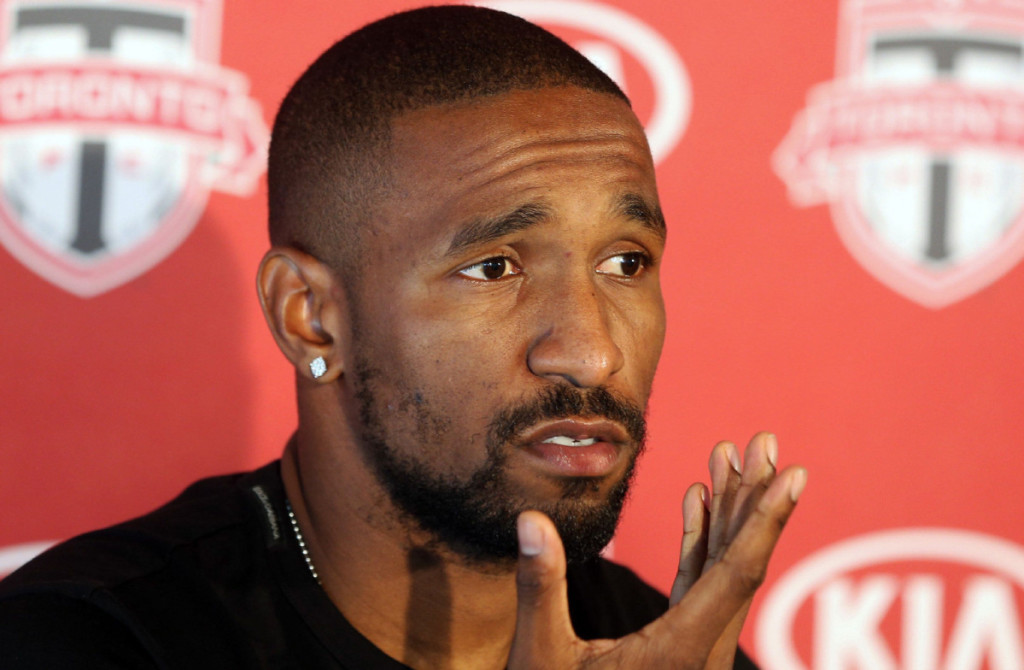
First, let’s look at who these expensive players are, and how much they’re making. We’re going to look at 2014 numbers, because it’s obviously too early to know what effect the latest crop of players will have on the league. Here is every player that made $1 million or more in 2014:
- LAG – Landon Donovan ($4,583,333)
- LAG – Omar Gonzalez ($1,250,000)
- LAG – Robbie Keane ($4,500,000)
- MON – Marco DiVaio ($2,500,000)
- NER – Jermaine Jones ($3,252,500)
- NYRB – Tim Cahill ($3,625,000)
- NYRB – Thierry Henry ($4,350,000)
- ORL – Kaka* ($7,167,500)
- POR – Liam Ridgewell ($1,200,000)
- SEA – Clint Dempsey ($6,695,189)
- SEA – Obafemi Martins ($1,753,333)
- TOR – Michael Bradley ($6,500,000)
- TOR – Jermain Defoe ($6,180,000)
- TOR – Gilberto Junior ($1,205,000)
- VAN – Pedro Morales ($1,410,900)
*It’s not clear how much of Kaka’s salary was paid by Orlando, as he was loaned to Sao Paulo, but again let’s take the numbers provided at their word.
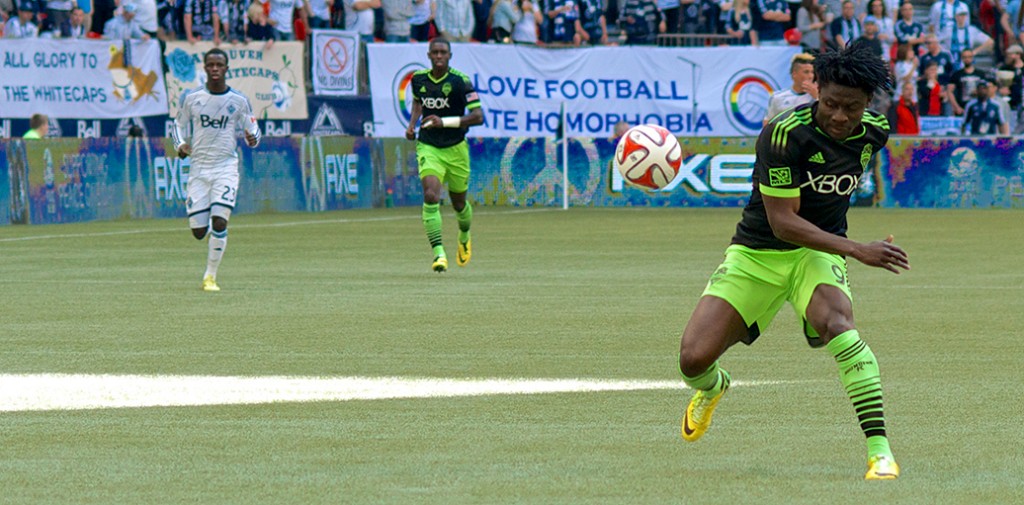
Only nine out of twenty-one clubs had a million-dollar player on their roster in 2014. (We’re counting Orlando and NYCFC because the player’s union says they had guys earning salaries.) Only four had more than one. In total, fifteen players, spread over fewer than half of the league’s clubs, accounted for just over $56 million dollars in salary, or over half of the league’s losses. Is the league likely to recoup these losses?
Let’s start with the largest cash infusion in the league’s history: its new domestic television deal worth an estimated $90 million per year. This type of money likely isn’t thrown at the league without the star power of some of the names in the above list. Subtracting the money from the previous TV deal, we can expect the league to offset about $60 million of its losses just on new TV money in 2015. More, if Sky Sports paid anything significant for the rights to broadcast two games a week in the UK. As terms of the UK deal, unlike the domestic rights deal, were not disclosed, I am assuming Sky did not need to pay much, and MLS was happy enough just getting their product on British television. We’re down to a $40 million shortfall.
Now things get slightly murkier. How much of an effect do players of this calibre have on attendance? This is difficult to measure, because winning tends to have a positive effect on attendance and it’s difficult to pin how much of a team’s success is attributable to its most expensive players. The Galaxy, for instance, brought in Robbie Keane in 2011 and saw a nearly 2,000/game bump in attendance, but they were riding a 2010 Supporters Shield victory, and won a second one in 2011. How much of that attendance bump is “oooh, Robbie Keane” and how much is “oooh, I like winning teams.” Let’s see how the rest of the clubs fared.
- Montreal signed Di Vaio in 2012 and saw diminishing attendance for the two years thereafter.
- New England’s attendance increased by about 1,850/game, but they didn’t win the Jermaine Jones lottery until September.
- New York saw their attendance soar by about 6,000/game when they signed Henry in 2010. The arrival of Tim Cahill in 2012 did not have a similar effect; the club lost 1,800 fans that year.
- Portland has seen attendance increase every year, but that’s as much due to capacity increases and pent-up demand as it is Liam Ridgewell.
- Seattle experienced a small spike in their first half-season, and a small decrease in their first full season, after the additions of Dempsey and Martins. They’re up about 500/game in total.
- Toronto lured back 4,000 disenfranchised supporters with their bloody big off-season spending spree in 2014.
- Vancouver saw a modest 400/game bump after Pedro Morales was added.
Let’s be generous here and say that those attendance bumps are permanent over the contract of the player. You’re going to get maybe 10,000 more butts in seats league-wide, on average, which translates to $12-15 million in extra revenue, depending on the average ticket price of the clubs doing the buying. In the best-case scenario, we’re still left with at least a $25 million shortfall.
Now how generous do you want to get with things like merchandise? Let’s assume every one of those 10,000 extra attendees buys a jersey for their new favourite player. At $140 for a customized jersey and (pure guesswork here) a 30% markup. You’re talking less than half a million dollars in extra revenue. In fact, you would need to sell 773,755 extra jerseys (at my guesstimate figures) to make up the shortfall.
Colour me extremely skeptical that the league is managing to approach breakeven on these players.
So how much of a problem does the league have? Its single-entity nature means the league can distribute its losses somewhat, and it’s probably only going to average a $1-2 million loss per club. The problem, though, is the league is setting itself up to be similar to a European league, with a small number of dominant teams at the top spending all the money and getting all the results. Look at the champions since the league started loosening restrictions and allowing multiple Designated Players: three out of the last four Supporters Shields and MLS Cups have been won by clubs with more than one millionaire salary. In the big European leagues this works ok. There are other things to play for. Relegation battles, cup competitions that the big clubs don’t always take too seriously, the prospect of Champions or Europa League play if you can get hot and sneak into the top five for a year. In MLS you have a race to the bottom for the right to draft next year’s stand-out NCAA player. Woohoo.
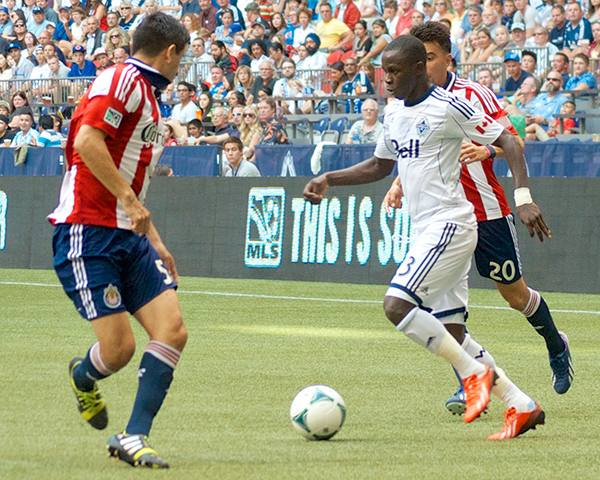
I worry that we’re seeing the effects. The league has just folded its third franchise in only nineteen years of existence. Rumours are swirling that season ticket sales in Montreal were horrendously bad, though perhaps their dramatic upset win in the Champions League quarterfinals will improve that somewhat. A glance at the stands in Houston, Dallas, DC and even Philadelphia shows that many clubs can’t even sell out their barn for opening day. The TV numbers league-wide remain terrible.
This is a league that once enjoyed modest success and growth with their devotion to parity. Nine different teams won the Supporters’ Shield in the league’s first thirteen seasons. Eight different clubs won MLS Cup over the same period. There was a reasonable chance that even if your club sucked one year, it could be good again the next. The league has gone away from that and it’s not at all clear that a lack of parity is in the best interests of anybody but a select few clubs.

